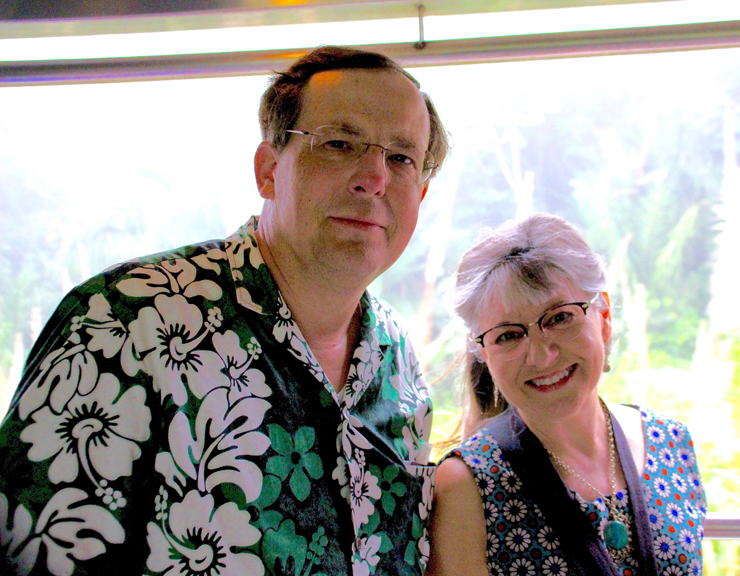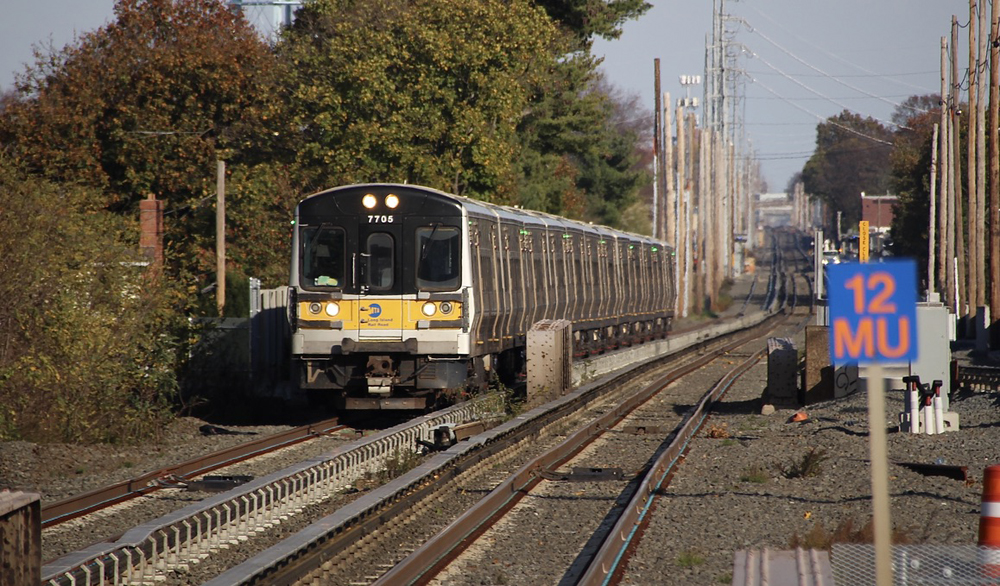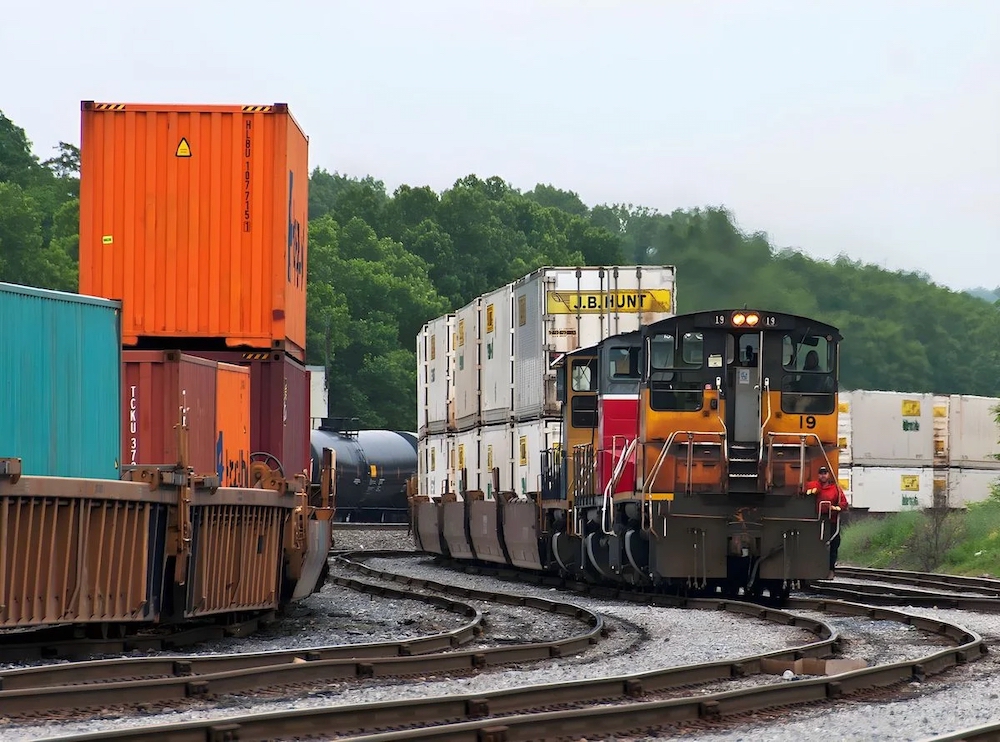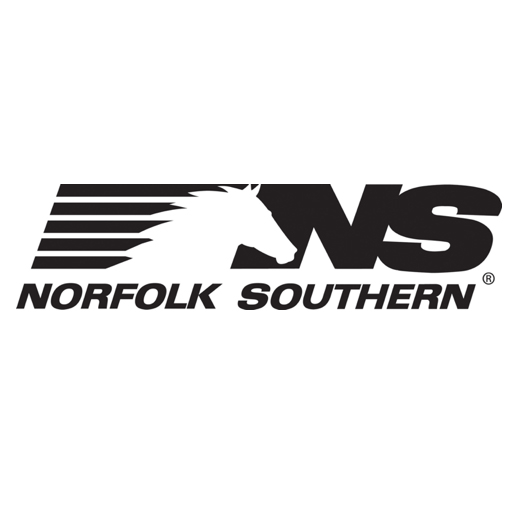
WINTER PARK, Fla. — Railroad writers rarely are known for wide exposure in multiple forms of national media, but Peter A. Hansen was a major exception. He not only edited the venerable publication Railroad History and wrote frequent long-form stories for Trains and Classic Trains, he also hosted or appeared in several nationally broadcast television shows and documentaries about railroads. For deep and entertaining railroad context, he was the go-to expert.
Hansen died May 15 at his home in Winter Park, after a long illness. He was 62.
His loss is being felt across a wide spectrum of people involved in railroad history, including Robert Holzweiss, president of the Railway & Locomotive Historical Society, which has published Railroad History since the organization’s formation in 1921. Hansen began editing the journal in 2007. Holzweiss got to know him after becoming R&LHS president in 2010, and their friendship blossomed.
“I really came to appreciate (Pete’s) broad understanding of railroad history when we visited on the sidelines of the annual Lexington Group meeting,” Holzweiss recalled. “It was here, when we were both ‘off duty,’ that we could speak candidly about past and current events and speculate on the future of railroad history. The depth and breadth of his knowledge and sensitive treatment of controversial subjects on the pages of Railroad History carried over into our conversations.
“As I reflected later on our conversations, I recalled Pete’s first Editor’s Seatbox column in Railroad History, where he wrote, ‘I relish fresh perspectives, and I love telling stories that haven’t been told before — and that’s another big part of what we do.’ He signed off on that first Seatbox by ‘pledging to bring you the kind of first-rate history you’ve come to expect between these covers.’ Well done, Pete.”
Another of Hansen’s frequent collaborators has been Robert S. McGonigal, editor of Classic Trains. McGonigal came to know Hansen as a writer with unusual versatility.
“Pete Hansen’s enthusiasm, deep sense of history, and engaging writing style made him an ideal author,” says McGonigal. “Some of the magazine’s most memorable and important articles were his work: ‘Hitler’s Rail Wreckers’ (Winter 2001), ‘The Few, the Proud’ (about the Railway Mail Service, Fall 2006), and ‘The First PAs’ (Winter 2008). For our special editions, he tackled such topics as the North Coast Limited, or Union Pacific’s M-10001 Los Angeles-New York dash, or postwar passenger-car manufacturing. Without Pete’s contributions, our understanding of railroad history would be far less complete.”
Then there were Hansen’s many bylines in Trains, beginning with a brief opinion piece in the November 1996 issue entitled “The Case for the Business Traveler.” The years to come would see at least 10 cover stories, among them “The Brave Engineer” (April 2000), a fresh look at the Casey Jones wreck on the occasion of its centennial; “The Rail Splitter and the Railroads” (February 2009), marking the Lincoln Bicentennial; and “Coal: A Twisted Future” (March 2016), weighing the outlook for the industry’s foundational commodity.
“Pete was an amazing journalist and we are fortunate he was beguiled by railroading,” says Trains Editor Jim Wrinn. “Pete’s understanding of the big picture as well as his attention to detail made him one of the top practitioners of his craft. He was equally at home with a historical feature as well as a technology piece about the future of railroading. We are all better for Pete’s presence, his determination, and his friendship.”
Hansen did not confine his expertise to print publishing, however. Over the years he consulted for several important museums and institutions, among them the California State Railroad Museum Foundation, the Nevada State Railroad Museum, and Kansas City Union Station. He was on the roster of experts for the Smithsonian Journeys travel program and helped lead the restoration of a Jim Crow-era Southern Railway coach at the Smithsonian’s National Museum of African America History & Culture in Washington, D.C., a project he worked on with his close friend and collaborator the late William L. Withuhn, longtime Smithsonian transportation curator.
He also advised Class I railroads Kansas City Southern and Amtrak, the latter of which hired him to host an official 40th anniversary documentary in 2011, produced by Richard Luckin. Hansen and Luckin teamed up on a number of other programs, some sponsored by Trains magazine. He also appeared on the CBS public affairs show “Sunday Morning,” as well as on NBC, PBS, and local stations.
Railroad history and journalism were not the only components of Hansen’s career. He was a longtime corporate communications executive with the Overland Park (Kan.)-based telecommunications giant Sprint Corporation. He earned a bachelor’s degree in history from Eastern University, a private Christian university in St. Davids, Pa.
Hansen is survived by his wife of 38 years, Bonnie Hansen, a former interpreter for the California State Parks at the Governor’s Mansion in Sacramento and a production assistant on her husband’s PBS documentary “Selling Sunshine,” about Florida passenger trains. The couple met while in college. Details on services or memorials are pending.














Very sad. He moved the journal Rail History out of the narrow and into the broad view. Also, I see he worked for Sprint—-the first two letters of which come from its founding company.
What a sad loss. Died too soon.